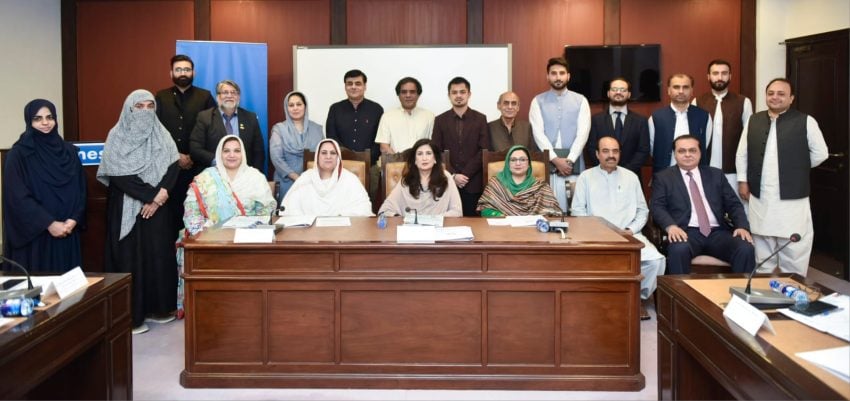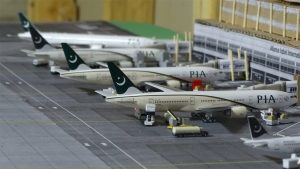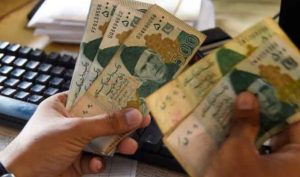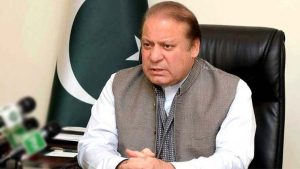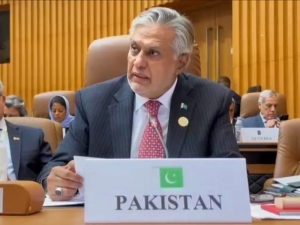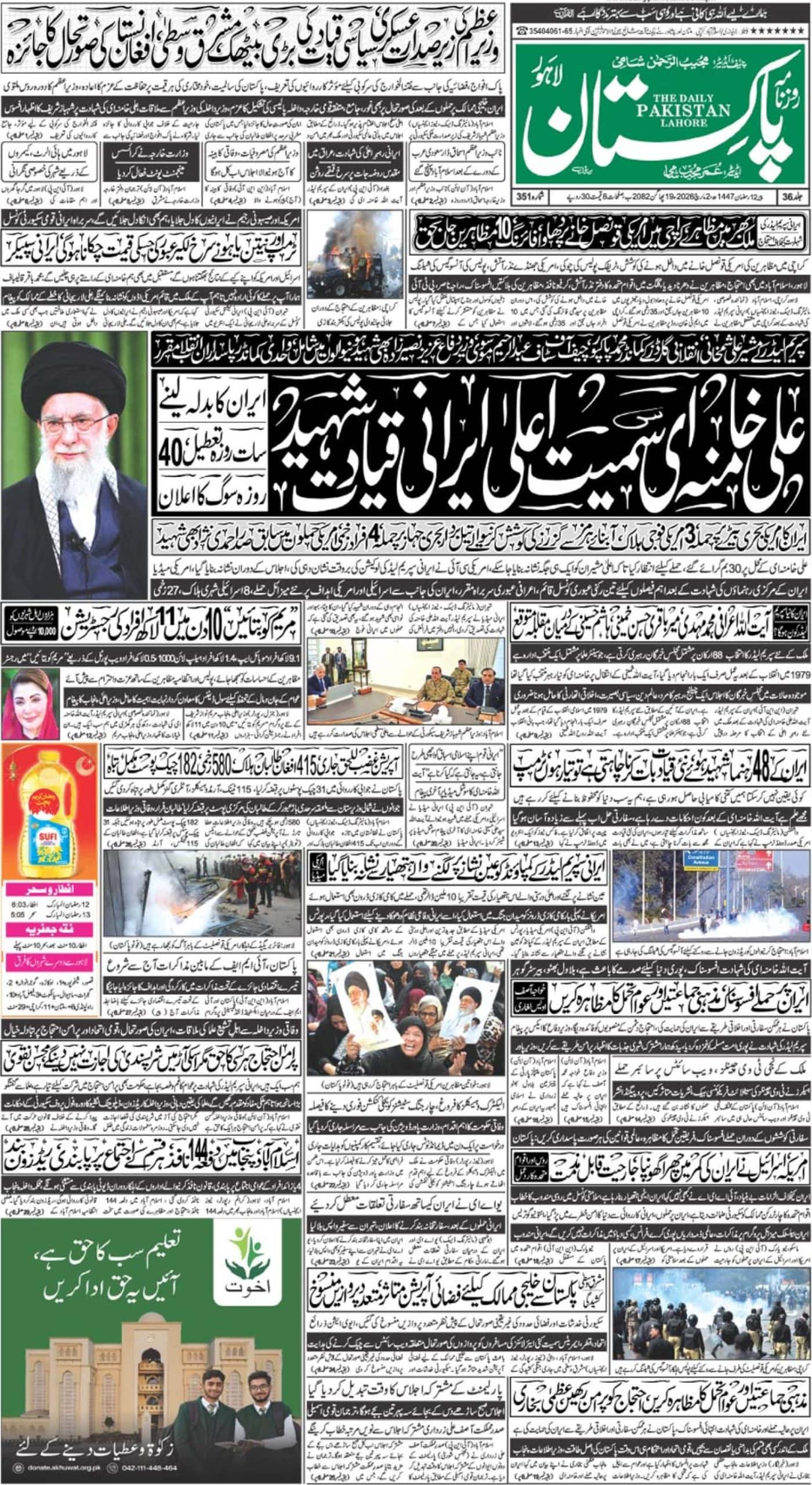ISLAMABAD – In a significant move to promote a digitally responsible and informed society, UNESCO, in collaboration with Media Foundation 360, the Department of Digital Media at the University of the Punjab, and the Pakistan Institute for Parliamentary Services (PIPS), organized a high-level technical session in Islamabad titled “Shaping National Policy: Enhancing Policymakers’ Understanding of Media and Information Literacy (MIL) Challenges.”
The session brought together members of the National Assembly, parliamentarians from the Standing Committee on Information and Broadcasting, media professionals, communication strategists, and academic experts to discuss incorporating Media and Information Literacy into Pakistan’s national policy frameworks.
The event in Seminar Room II at PIPS explored how MIL can combat disinformation, encourage critical thinking, and strengthen democratic resilience among citizens, particularly the youth. The session began with opening remarks from Asim Khan Goraya, Executive Director of PIPS, who emphasised the need to equip policymakers with strategic insights regarding the risks posed by misinformation in the digital age.
Professor Dr. Savera Mujib Shami, chairperson of the Department of Digital Media and lead strategist for the development of the National Media and Information Literacy (MIL) Strategy, presented the key elements of the draft strategy. She emphasised the strategy’s goal of integrating MIL into Pakistan’s educational curricula, media practices, and governance systems. Her focus was on empowering youth, promoting gender inclusion, and encouraging ethical digital engagement.
Antony Kar Hung Tam, Officer-in-Charge of the UNESCO Office in Pakistan, addressed the gathering and highlighted UNESCO’s commitment to supporting Pakistan in creating inclusive knowledge societies. He reiterated the organisation’s vision of empowering citizens to navigate the complex digital information landscape safely and responsibly through Media and Information Literacy.
The session included an interactive panel discussion and roundtable dialogue, chaired by Member of the National Assembly Syeda Shehla Raza. The conversation centred on the urgent need to equip youth with critical thinking skills, promote civic education, and instil democratic values to combat the growing threat of disinformation. Participants discussed how MIL could extend beyond classrooms to enhance public discourse and strengthen social cohesion.
The concluding session was chaired by Huzaifa Rehman, Minister of State for National Heritage and Culture. Notable attendees included Senator Sarmad Ali, Mr. Pullain Baloch, Chairman of the National Assembly Standing Committee on Information and Broadcasting; MNA Nawabzada Mir Jamal Khan Raisani, General Secretary of the Young Parliamentarians Forum (YPF); and Members of the National Assembly, Mr. Ahmed Saleem Siddiqui, Dr. Shazia Sobia Aslam Soomro, Ms. Rana Ansar, and Ms. Asia Naz Tanoli. Other participants included Mr. Mubashar Bukhari, President of Media Foundation 360; Mr. Muhammad Noshad Ali, Group Executive Editor of Daily Pakistan; and Ms. Amina Ali, a Communication and Culture Strategist, who contributed valuable insights to the discussion.
This event marked a significant milestone in the collaborative development of Pakistan’s first National MIL Strategy, reaffirming the country’s commitment to fostering digital resilience, strengthening civic engagement, and advancing an inclusive, knowledge-based society.

